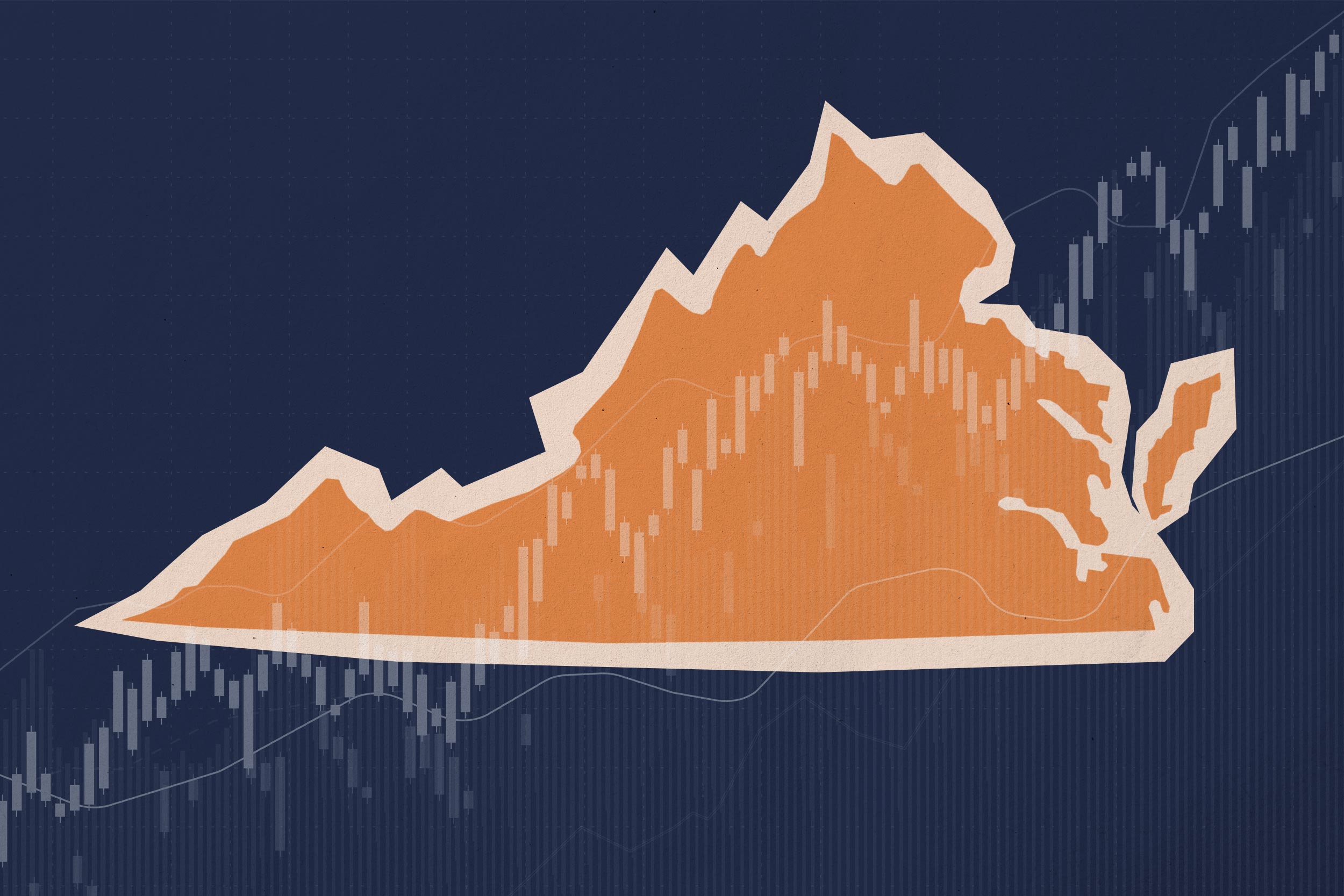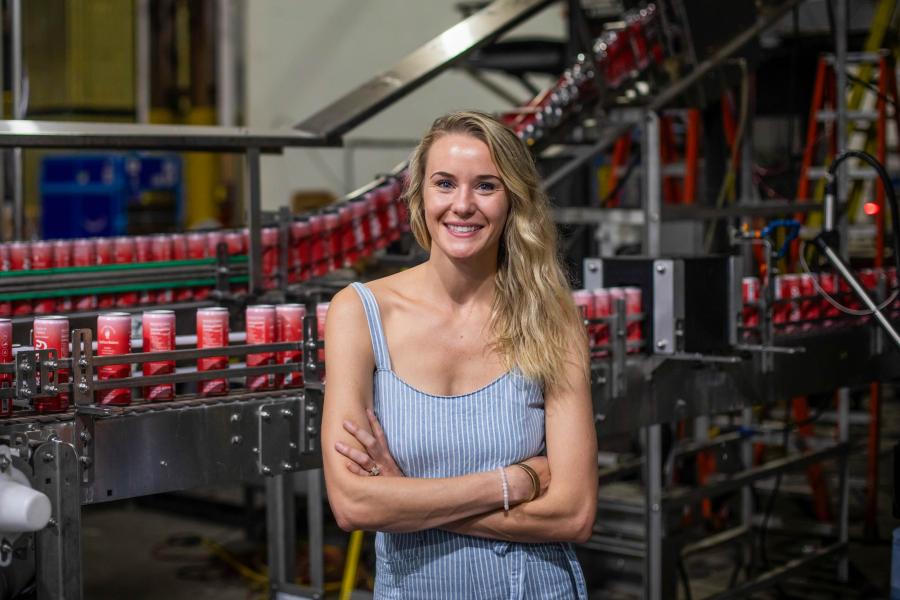A report from the University of Virginia’s Weldon Cooper Center for Public Service shows Virginia’s economy will remain strong for the next year and even the next 25 years, but the economists admit all that could change.

João Ferreira, regional economist with the Weldon Cooper Center, says the new report can help students and parents review job market opportunities and prepare their school-year budgets. (Photo by Matt Riley, University Communications)
“Not all regions and not all states in the nation have similar economies and we decided it was important to provide a picture of how Virginia is doing compared with the national economy,” said João Ferreira, regional economist with the Weldon Cooper Center. “A quarterly report lets us look at particular aspects in Virginia and think in both the long term and the short term.”
The first installment of the new report was released this month with the next planned for April. The first report predicts the state’s gross domestic product will increase in 2025 by about 2.4%, which will outpace predicted GDP growth nationally. During the following decade, that growth should remain around 2.4% and then increase to 2.6% from 2034 to 2050.
2023 | 2024 | 2025 | 2026 | 2024-2034 | 2034-2050 | |
|---|---|---|---|---|---|---|
Employment | 1.8% | 1.7% | 0.7% | 0.3% | 0.5% | 0.4% |
Real GDP | 3.1% | 2.7% | 2.4% | 2.2% | 2.4% | 2.6% |
Population | 0.6% | 0.7% | 0.7% | 0.7% | 0.7% | 0.8% |
Consumer Price Index | 2.7% | 2.7% | 2.6% | 2.7% | 3.0% | 3.2% |
Unemployment Rate (average) | 3.4% | 3.5% | 3.4% | 3.4% | 3.2% | 3.1% |
The report’s first installment shows predictions for Virginia’s economy until 2050. The quarterly updates will reflect changes due to unexpected outcomes. (UVA Weldon Cooper Center)
Statewide inflation should moderate with prices forecasted to remain stable in the short term with a consumer price index rise of about 2.6%. Inflationary pressure should remain stable until about 2028. Although employment in the state is expected to slow, unemployment should remain lower than the national average, the report predicts.
To make its predictions, the Weldon Cooper Center team created a model using more than 300 variables and equations while leveraging data from 30 different sources tailored to Virginia-specific estimates.
The report breaks the Virginia economic predictions into different sectors, including farm/agricultural, federal, state and local government, manufacturing, and professional/technical services.
Employment Growth in the Professional, Scientific and Technical Services
Virginia employment in professional, scientific and technical services jobs is expected to continue growing after increasing during the past 25 years. (UVA Weldon Cooper Center)
The Weldon Cooper Center provides leadership development, consulting and mediation services as well as unbiased research and data analysis to state and local officials, policy makers, community leaders, and the public.
The new report is designed for everyone, from government officials to students considering majors or future employment options.
“This can be useful for students and parents to help them to understand what to expect in the labor market and to understand expectations,” he said.










